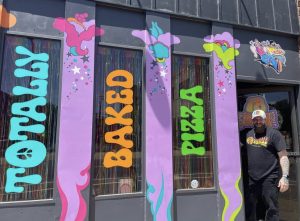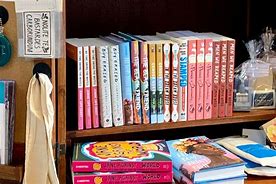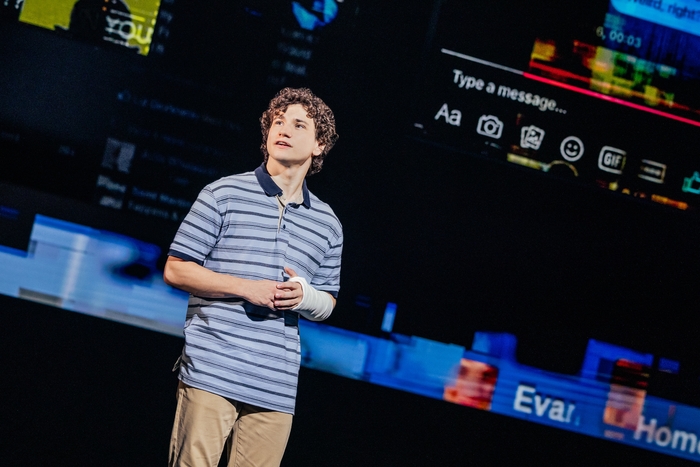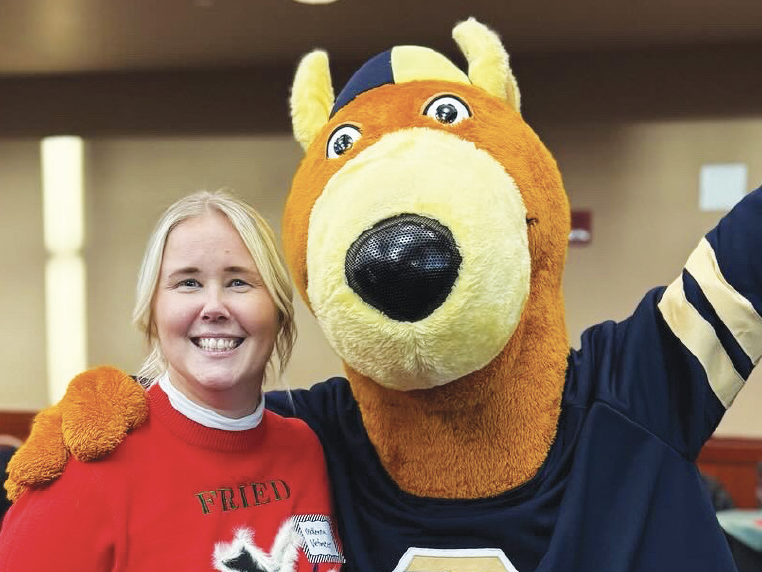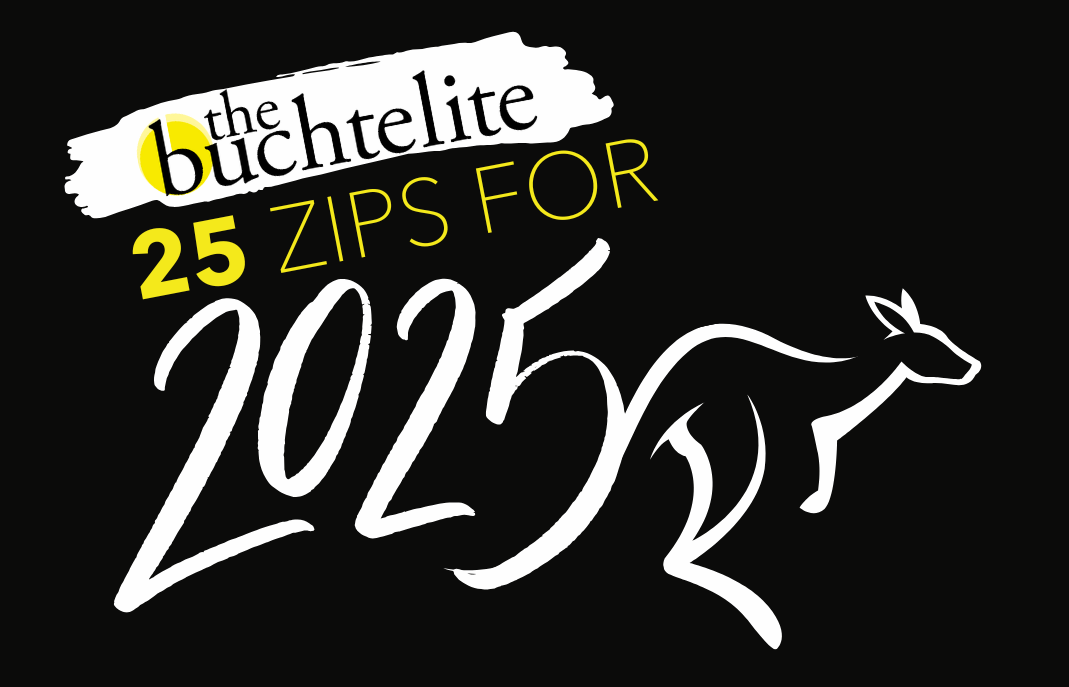Rudy Francisco exposes social problems through slam poetry
February 12, 2015
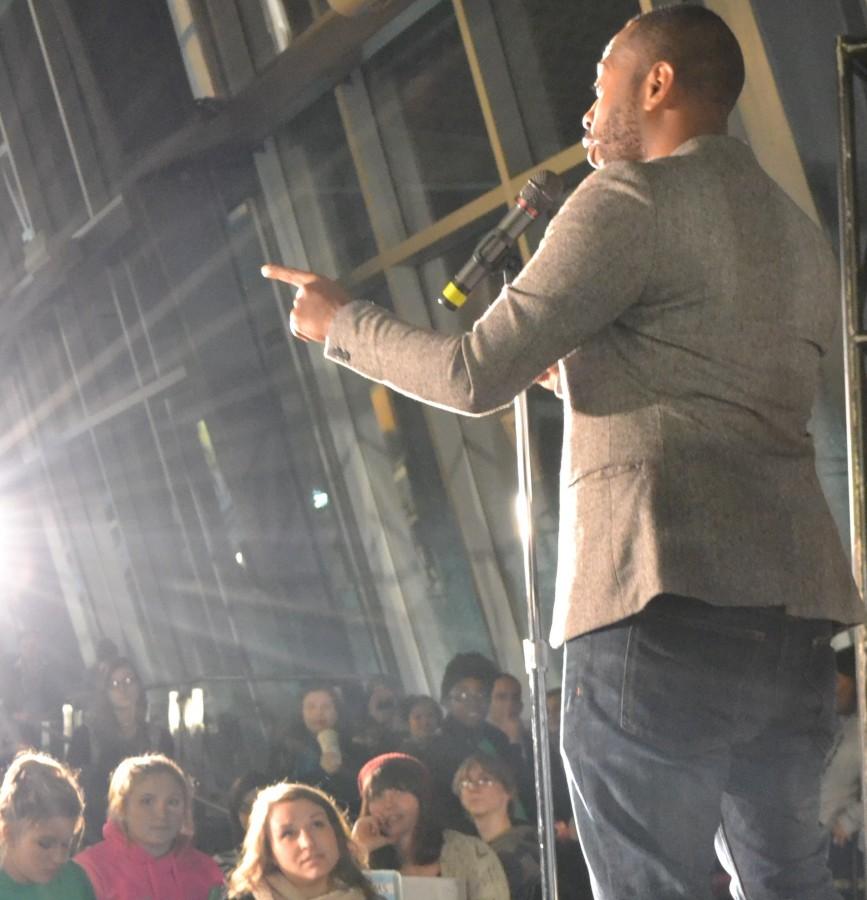
Rudy Francisco delivers poetry to a crowd of UA students.
Spoken Word Poet Rudy Francisco demonstrated his oratorical prowess for UA students in the Student Union piano lounge on Tuesday, Feb. 10.
UA’s Residence Hall Program Board collaborated with Sigma Lambda, an honorary student service organization, to host Francisco. This event was one of the many live performances of the month-long Rethinking Race series.
Francisco is an accomplished poet, with many recent achievements including winning the 2009 National Underground Poetry Slam, the 2010 San Diego Grand Slam, the 2010 San Francisco Grand Slam, and the 2012 Individual World Poetry Slam. He travels to schools and other community venues to do workshops for aspiring poets and perform his own work.
His performance touched on subjects from love to honesty to current events and everything in between. Francisco sees poetry as a way to get people talking about pervasive issues and other human passions that carry a social stigma.
Francisco said that when he began writing poetry in high school, it wasn’t a popular or respected art form. But now, through the popularity of his own work and the momentum of poetry slams across the country, he sees a turnaround.
“What I notice now is that [poetry] is a lot more accepted. Poetry is actually becoming a lot more commonplace among younger people today,” Francisco said.
Francisco’s best advice for aspiring poets is to post their work online and make it accessible.
“Before the internet, it was a strenuous process getting published,” Francisco said. “Now we have Instagram, we have Twitter, we have Facebook…I recommend utilizing all the social network resources.”
Francisco was an RA in college and was tasked with putting on student events. Being a young poet himself, he decided to put on an open-microphone competition. This then propelled him to where he is today.
David Hench, chair of the leadership forum series UALeads, explains why attending such a poetry event is so important for students.
“[These events] challenge people to think in ways that they haven’t before,” Hench said. “And to do things that a lot of other events won’t make people think about. And it allows them to see the world in a light that makes them feel that they can do something to change it.”




